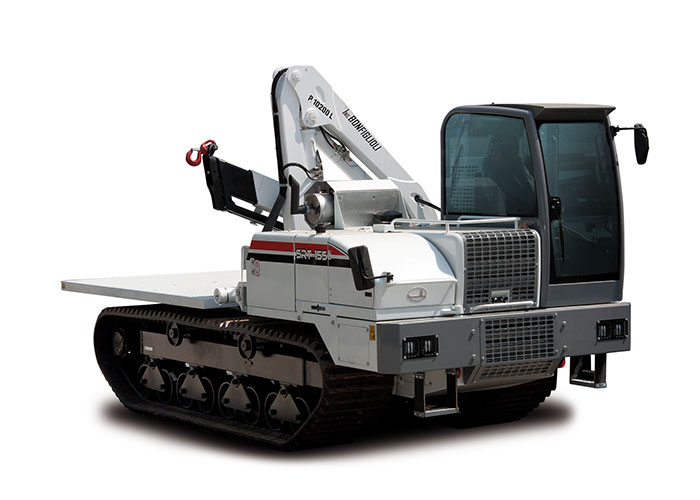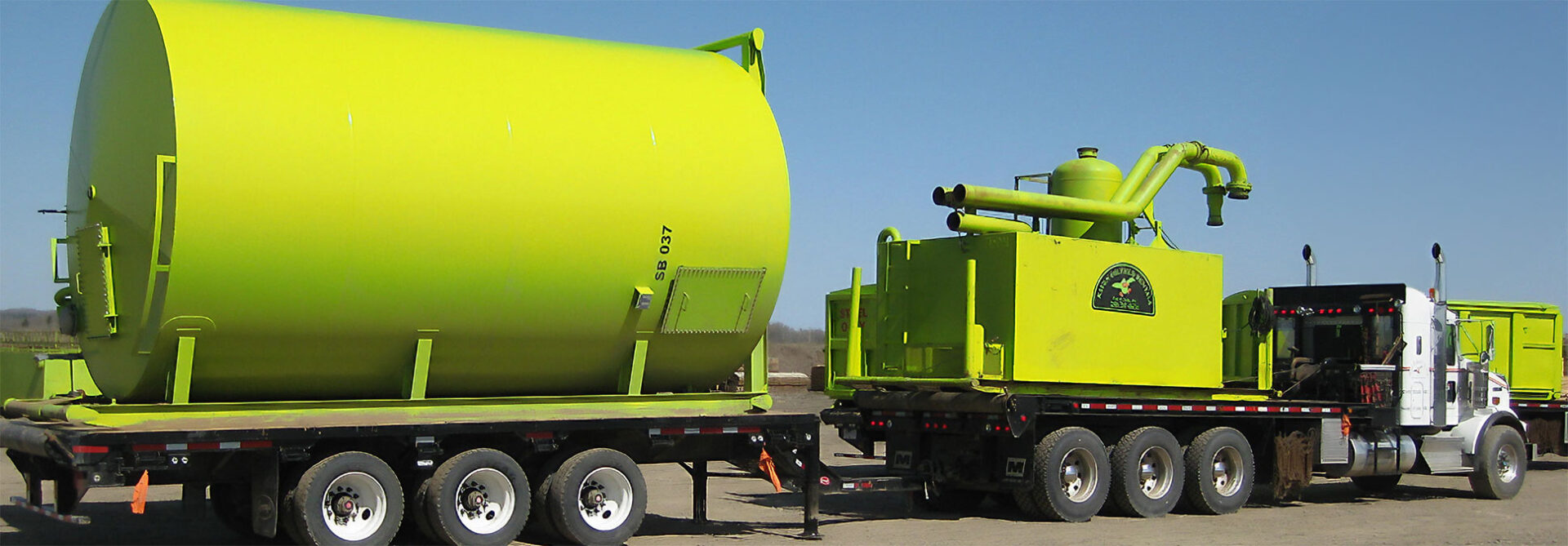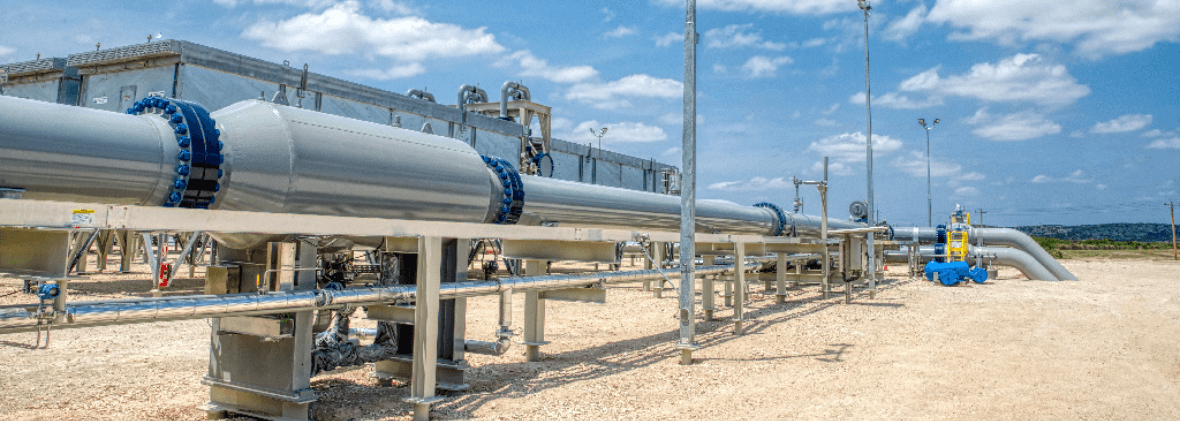Superior rentals squeeze tools: key safety tips for technicians
Wiki Article
A Comprehensive Overview to the Different Kinds Of Oil Field Equipment and Pipeline Equipment Available
The oil and gas market relies heavily on customized devices for efficient extraction and transportation. Different kinds of equipment, from piercing rigs to tank, play vital duties in this intricate process. Each tool offers unique functions that add to overall operational success. Understanding these components is essential for any individual included in the industry. As the sector progresses, so too do the technologies that support it. What improvements are on the horizon?
Drilling Rigs: The Foundation of Oil Exploration
Drilling rigs function as the vital equipment in the domain name of oil exploration, making it possible for firms to gain access to hydrocarbon reserves buried deep underneath the Planet's surface area. These rigs can be found in various kinds, consisting of land rigs, offshore rigs, and mobile systems, each made to run in specific settings. Equipped with advanced technology, drilling rigs can penetrate geological developments with precision, making sure effective resource extraction. The structural stability and functional capabilities of these rigs are crucial, as they must stand up to severe problems and significant pressures. The option of a drilling gear affects the overall job price and timeline, making it an essential factor to consider for oil business seeking to optimize their expedition efforts and optimize efficiency in their operations.Pumps: Crucial for Fluid Movement
In the oil removal procedure, the role of pumps is significant, promoting the movement of liquids throughout numerous stages of production. Pumps are important for moving unrefined oil, water, and various other fluids from underground tanks to the surface area and after that with pipes to refineries. They come in numerous types, consisting of centrifugal, positive variation, and submersible pumps, each offering details objectives based on the liquid attributes and operational needs. Centrifugal pumps are typically utilized for their effectiveness in high-flow applications, while positive variation pumps stand out in handling viscous liquids. The option of pump impacts total effectiveness, functional safety and security, and maintenance expenses. Appropriate choice and upkeep of pumps are important for enhancing production and lessening downtime in oil field procedures.Valves: Controlling Flow and Pressure

Valves play an important role in handling the flow and stress of liquids within oil areas and pipelines. Various kinds of shutoffs serve distinctive applications, each designed to satisfy specific functions essential for efficient procedure - Superior Oilfield Rentals oilfield. Comprehending the features and uses of these shutoffs is essential for optimizing system efficiency and security
Kinds of Valves
Necessary components in oil area procedures, valves play an important role in controlling the flow and stress of fluids within pipes and devices. Various sorts of shutoffs are used to satisfy the varied needs of oil and gas manufacturing. Usual types consist of entrance shutoffs, which provide a straight-line flow and marginal stress decline; globe shutoffs, known for their throttling capabilities; and ball shutoffs, acknowledged for their fast on/off control. Additionally, check valves stop heartburn, while butterfly valves supply a light-weight remedy for controling flow. Each shutoff kind is developed with details materials and setups to stand up to the harsh conditions commonly discovered in oil fields, making sure integrity and performance in procedures. Understanding these types is vital for reliable system monitoring.Valve Applications and Functions
While different sorts of valves offer distinct purposes, their primary applications focus on regulating flow and stress within oil and gas systems. Shutoffs such as gate, world, and round valves control fluid activity, guaranteeing peak efficiency and safety and security. Gateway shutoffs are commonly used for on/off control, providing marginal flow resistance. Globe valves, on the other hand, offer specific circulation law, making them ideal for throttling applications. Sphere valves are favored for their quick procedure and tight sealing abilities. Furthermore, stress relief valves are essential for protecting against system overpressure, securing equipment stability. On the whole, the suitable selection and application of shutoffs enhance operational effectiveness, guaranteeing the dependable transport of oil and gas via pipes and processing facilities.Compressors: Enhancing Gas Transportation
Compressors play an essential role in the efficient transportation of natural gas, making sure that it relocates efficiently through pipes over cross countries. These tools increase the stress of gas, allowing it to conquer rubbing and altitude adjustments within the pipeline system. Additionally, compressors help with the balancing of supply and demand, fitting fluctuations in consumption and production rates. Different types of have a peek at these guys compressors are utilized in the market, consisting of centrifugal, reciprocating, and rotating screw compressors, each offering unique benefits based upon the functional needs. Normal upkeep of these compressors is vital to make the most of effectiveness and decrease downtime, ultimately adding to a reputable gas transport network. Their important feature highlights the value of compressors in the general oil and gas infrastructure.Storage Tanks: Safe and Efficient Liquid Monitoring
Reliable transportation of natural gas relies on different support group, among which is the proper management of storage space containers. These tanks play an important role in securely containing liquids, making sure that functional performance is maintained while decreasing ecological threats. Created from resilient products, they are developed to endure high stress and destructive aspects. Appropriately sized and purposefully located, tank facilitate the smooth circulation of gas and other liquids, avoiding traffic jams in supply chains. Routine upkeep and tracking are important to detect leakages or structural problems, advertising security and compliance with regulative standards. Eventually, the reliable administration of tank is important for the overall stability and reliability of the oil and gas industry's liquid handling systems.
Pipeline Systems: Framework for Transport
Pipeline systems serve as the foundation of the oil and gas industry, facilitating the reliable transportation of hydrocarbons over vast ranges. These systems are composed of numerous components, including pipelines, shutoffs, pumps, and compressors, all meticulously created to assure seamless flow. The products used in pipeline construction, usually steel or high-density polyethylene, are selected for longevity and resistance to corrosion. Pipeline networks can cover throughout land and water, attaching manufacturing websites to refineries and warehouse. Furthermore, progressed modern technology enables real-time tracking of flow rates and pressure levels, enhancing operational efficiency. The tactical positioning of these pipelines minimizes environmental impact while taking full advantage of resource availability, consequently playing an essential role in conference power needs internationally.Safety Equipment: Ensuring Employee and Environmental Defense
The procedure of pipeline systems, while crucial for power transport, likewise provides considerable safety challenges for employees and the setting. Security devices plays a significant function in alleviating these dangers. Personal protective equipment (PPE) such as headgears, gloves, and non-slip shoes safeguards workers from physical hazards. Additionally, gas discovery systems monitor for leaks, guaranteeing that visit this site dangerous materials do not present a hazard to personnel or the surrounding ecosystem. Emergency closure systems are important for rapidly halting operations during a dilemma, stopping prospective disasters. Spill control products, including absorbents and obstacles, are basic for lessening environmental influence. Generally, investing in all-encompassing safety tools is vital for maintaining functional stability and protecting both employees and the atmosphere in the oil and gas sector.
Often Asked Concerns
Exactly how Do I Select the Right Oil Field Equipment for My Job?
Selecting the best oil field equipment involves examining task requirements, budget plan restrictions, and operational requirements. Think about elements such as equipment integrity, compatibility with existing systems, and the distributor's online reputation to assure peak performance and safety read this post here and security.What Are the Maintenance Requirements for Oil Field Equipment?
Maintenance needs for oil area equipment include normal inspections, lubrication, and timely repair services. Operators needs to also stick to manufacturer standards, display efficiency metrics, and warranty compliance with safety policies to enhance durability and performance.
Exactly How Can I Make Certain Compliance With Environmental Laws?
To assure conformity with ecological regulations, business need to perform normal audits, implement best practices, purchase training, preserve proper documentation, and stay upgraded on regulation (Superior Rentals fusion machines). Partnership with ecological firms can also boost adherence to regulationsWhat Is the Typical Life-span of Pipeline Equipment?
The typical lifespan of pipeline devices typically varies from 20 to 50 years, relying on variables such as worldly high quality, environmental conditions, and maintenance practices. Normal assessments can substantially affect durability and operational efficiency.Just how Do I Securely Move Oil Field Equipment to Remote Locations?
Transporting oil field equipment to remote places calls for careful preparation, consisting of route assessment, securing permits, using appropriate vehicles, and guaranteeing security protocols are followed. Proper training and interaction amongst staffs are essential for effective transport.Report this wiki page